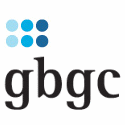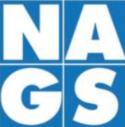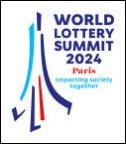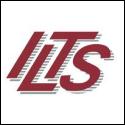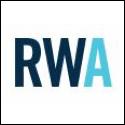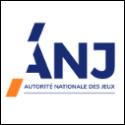Malta Gaming Authority Issues New Policy on DLT and Cryptocurrencies
MALTA (February 3, 2023) — On the 30th of January 2023, the Malta Gaming Authority (the ‘MGA’) published its new policy on the use of Distributed Ledger Technology (‘DLT’) and acceptance of cryptocurrency by its Authorised Persons (the ‘Policy’).
The new Policy replaces the previous MGA’s ‘Guidance on the use of Innovative Technology Arrangements and the acceptance of Virtual Financial Assets and Virtual Tokens through the implementation of a Sandbox Environment (the ‘Sandbox Framework’)’, the latest version of which was published last March 2021.
A transitory period of 3 months applies for approvals granted under the Sandbox Framework, during which the respective Authorised Person needs to ensure implementation of all requirements in terms of the new policy.
For new applicants, prior approval is required from the MGA before a gaming operator may accept/use DLT Assets in terms of the new policy.
With regards to those DLT Assets that are locally classified as ‘virtual financial assets’ / ‘VFAs’, the scope of MGA approval requirement has now been defined as applicable when:
- A deposit is initiated by the Player in VFA and received by the operator in VFA.
- A deposit is initiated by the Player in VFA and received by the operator in fiat.
- A deposit is initiated by the Player in fiat and received by the operator in VFA.
It should also be noted that the Policy establishes that for the purpose of reporting player liabilities, fees, and tax to MGA, the Authorised Person shall confirm the exchange rate being used in the monthly player funds report by taking the exchange rate of the various VFAs against Euro as at midnight (Central European Time) on the last day of the reporting month in order to reduce the issue of fluctuating rates faced by VFAs worldwide.
Particularly it should be noted that the €1,000 equivalent monthly deposit limit applicable for VFAs under the Sandbox Framework, as well as the €150 threshold for triggering CDD on a player are no longer applicable under the new policy. In this regard, VFAs will be essentially treated similarly to FIAT currencies.
Furthermore, the requirement under the Sandbox Framework to submit to the MGA a Financial Instrument Test over each VFA that a gaming operator wishes to accept in its gaming ecosystem has been removed. Instead, the MGA requires a list of such assets and their classification – MGA however retains the discretion to require a Legal Opinion attesting to the nature of the respective DLT Asset.
The MGA’s prior approval remains required under the Policy for those DLT Assets that are classified as virtual tokens. This shall be determined by the MGA on a case-by-case basis and after evaluating the following characteristics:
- Technology;
- Where applicable, the engagement of third-party service providers;
- Company structure;
- Market applications;
- Player protection considerations; and
- Security.
In order for an Authorised Person to use any Innovative Technology Arrangement, including DLT platforms and smart contracts, within its key technical equipment, prior approval remains required from the MGA under the new policy. Similarly, the auditing requirement by an auditor registered with the Malta Digital Innovation Authority remains applicable.
With regards to smart contracts, it should be highlighted that in the Policy, the MGA sets out that its main regulatory focus will be their use for the purpose of executing game transactions, in particular where player funds are held in escrow by a smart contract, which based on the outcome of the game, then executes the pay-out to the player’s wallet, or transfers the player’s wager to the Authorised Person’s wallet.
Authors: Reuben Portanier and Terence Cassar
SOURCES: GTG Advocates / LEXOLOGY.



















